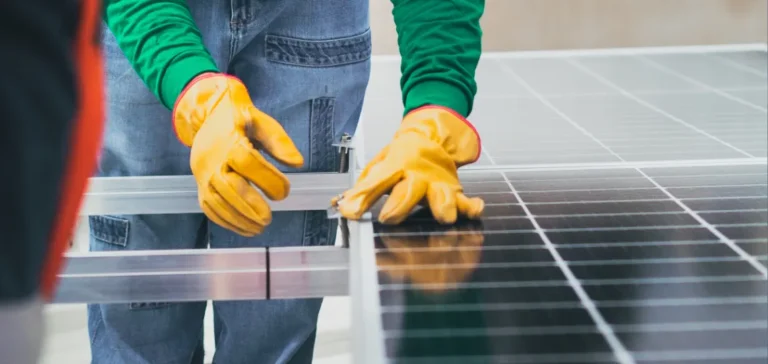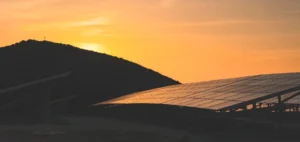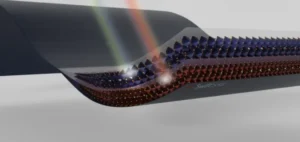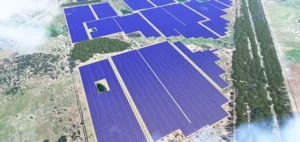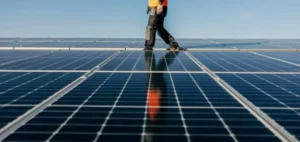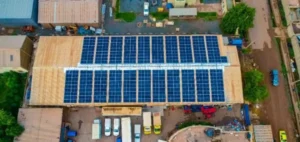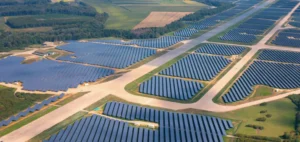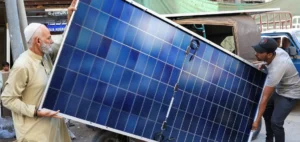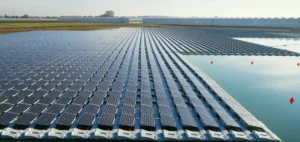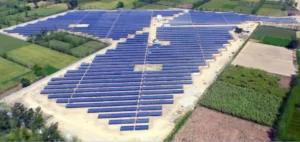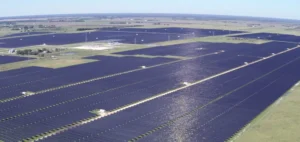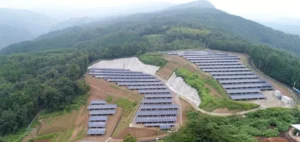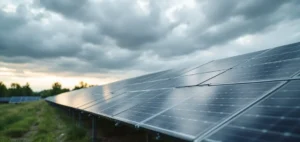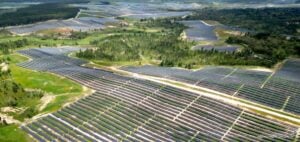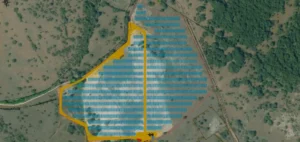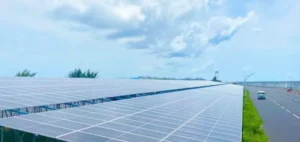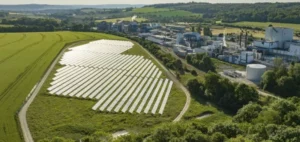Austria is rolling out an unprecedented measure by introducing a financial bonus targeting photovoltaic installations using components manufactured in Europe. This national initiative provides an initial budget of €20 million, with an additional 20% granted specifically to project holders who choose European modules, inverters, and storage systems. The Austrian government emphasizes that this measure explicitly aims to strengthen the European supply chain against the current significant dependency on suppliers outside Europe. This announcement comes as the country gradually adapts its regulatory framework to meet growing challenges related to integrating renewable energies into its electricity grid.
Conditions of the European bonus
Specifically, the “Made in Europe” bonus provides an additional subsidy to the standard amounts already offered by the Austrian government. For example, a photovoltaic installation entirely composed of European components could benefit from an increased funding of up to 30% in total, divided equally at 10% per category (modules, inverters, storage). Standard amounts range from €130 to €160 per kilowatt installed, depending on project size, and €150 per kilowatt-hour for storage systems. The initial phases of the program have already utilized a significant portion of available funds, with a third phase scheduled for autumn 2025.
Regional distribution of funding
The first phase of this call for projects shows a clear regional distribution of investments. Upper Austria dominates substantially, with nearly €9.9 million allocated across 1,289 validated projects. Styria, with €6.7 million allocated, and Lower Austria, which received approximately €6 million, follow closely behind. These regions recorded the highest number of applications, highlighting a particularly strong regional dynamic for combined photovoltaic and energy storage installations.
Upcoming regulatory changes
In addition, Austria is preparing to introduce, by the end of 2025, a significant amendment to the Renewable Energy Expansion Act, known as Erneuerbaren-Ausbau-Gesetz (EAG). This text stipulates that from this date onward, only solar installations integrating storage systems will be eligible for public funding. This regulatory evolution specifically aims to enhance the stability of the national electricity grid by promoting better management of electricity overproduction periods, especially during times of negative pricing on the market.
The Austrian measure occurs within a broader European context increasingly focused on strategic autonomy in energy technologies. Although the generalization of such a mechanism across Europe has not yet been confirmed, several European countries are considering similar or complementary approaches. This context could prompt other member states to adopt comparable policies, thereby progressively strengthening a European value chain for solar energy.


